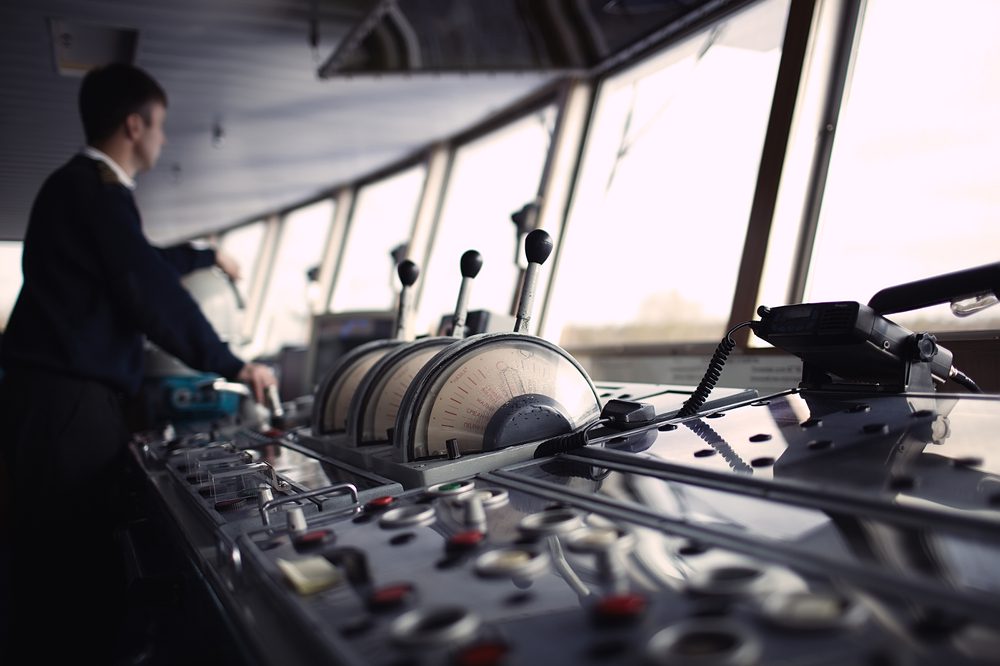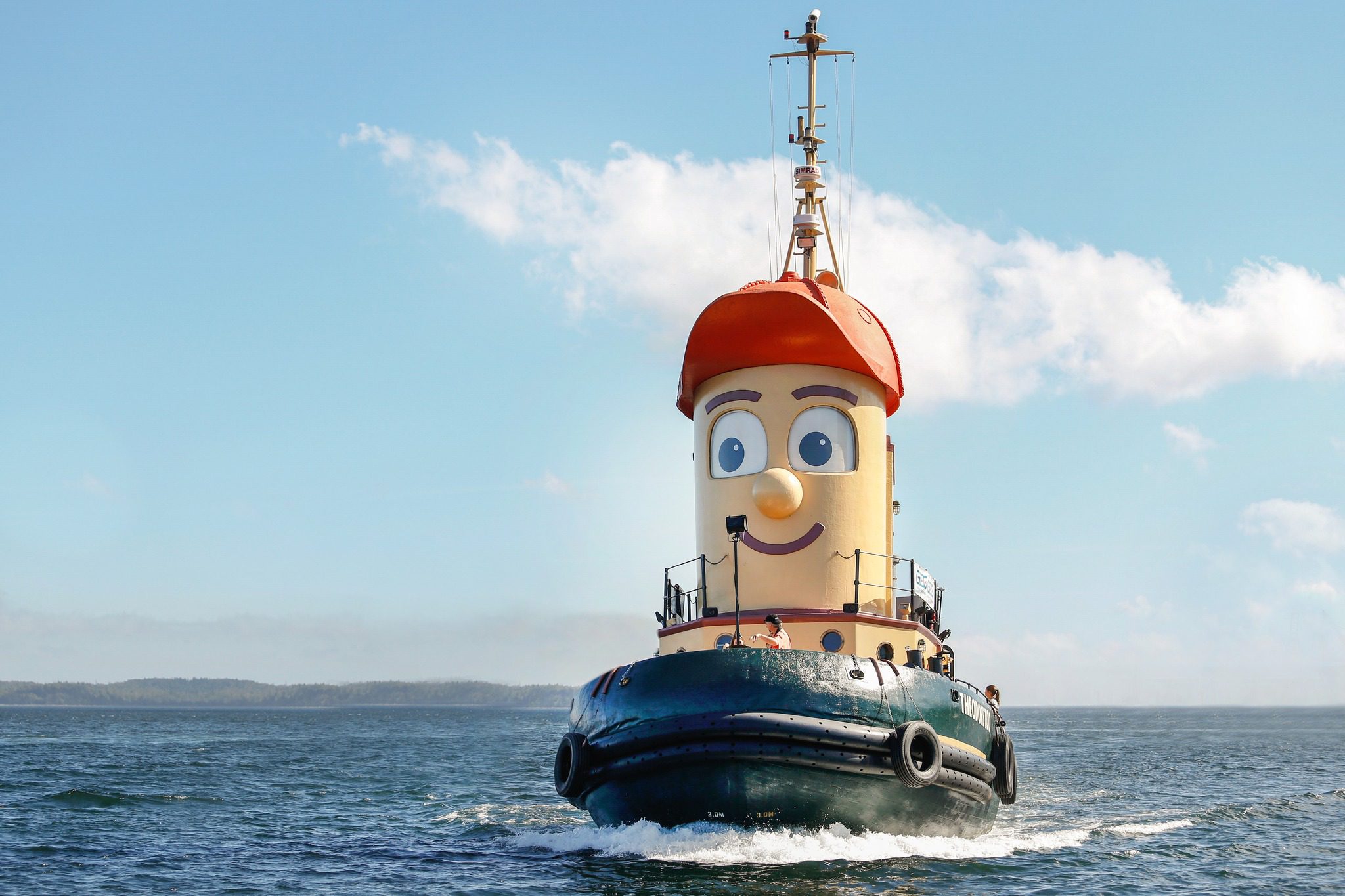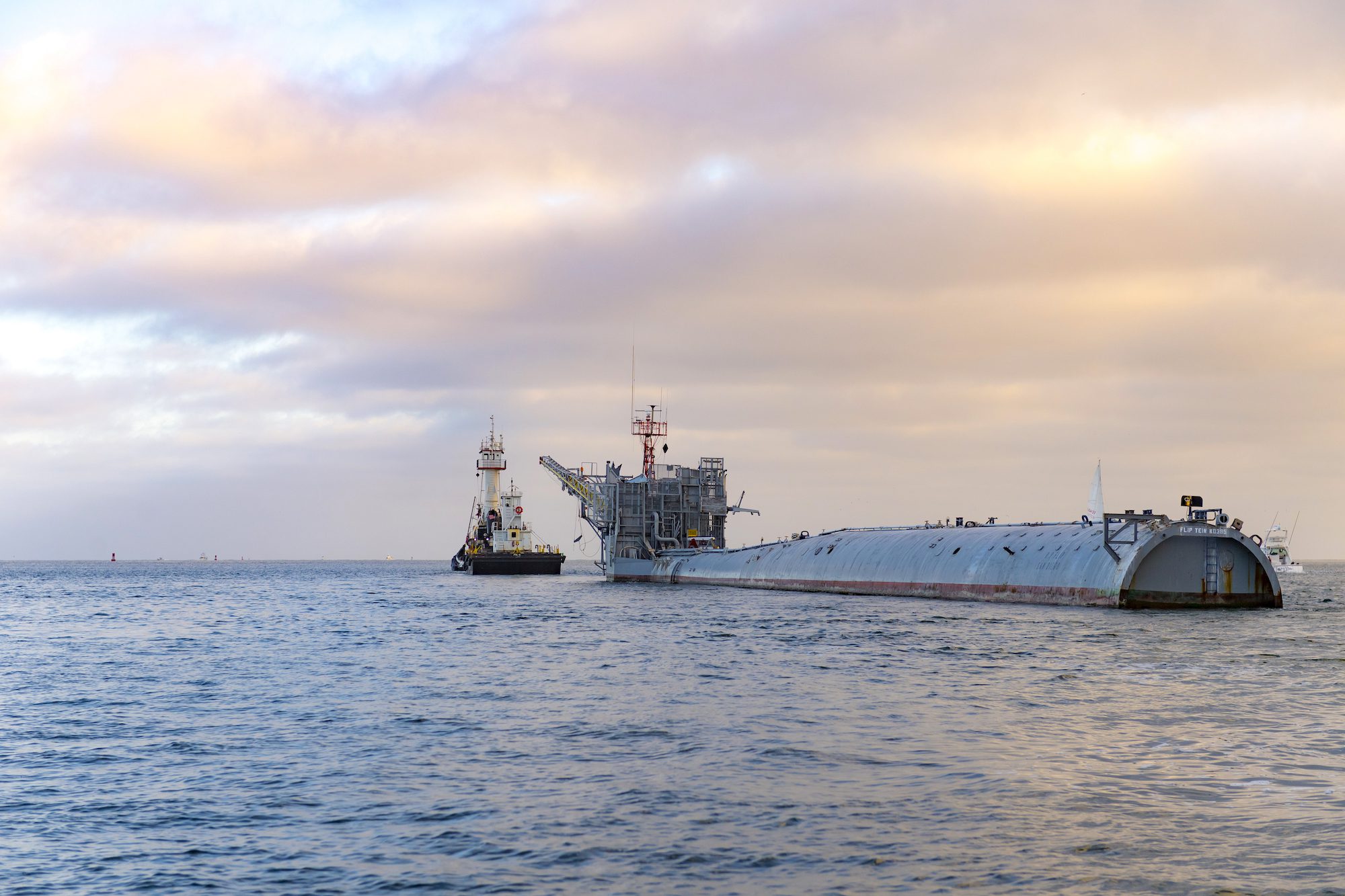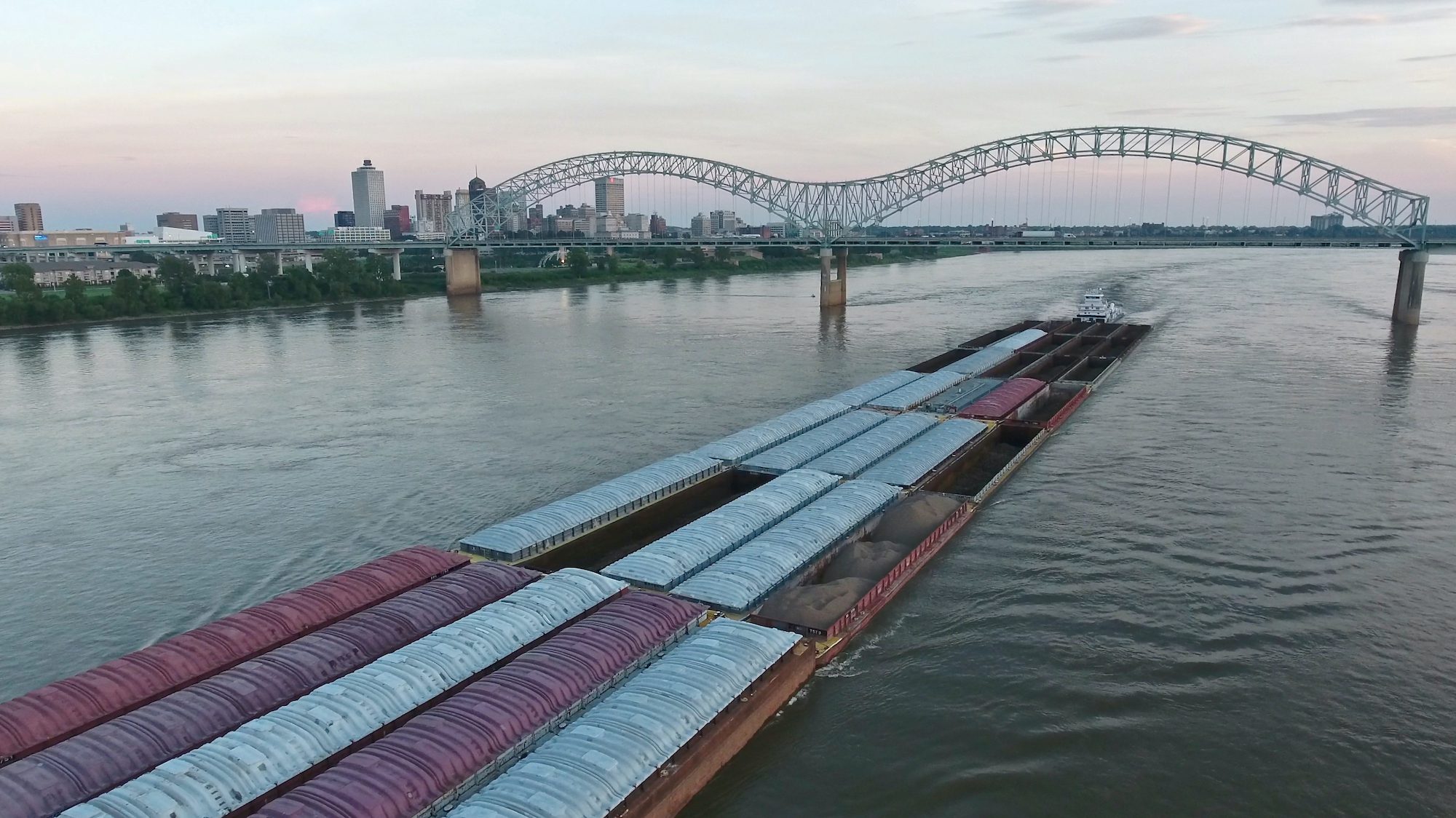Photo: d13 / Shutterstock
By George Livingstone – There are a myriad of topics discussed in gCaptain, accidents being a natural area of focus with attention on a host of issues like training, equipment, etc. There is a subject, however, we don’t talk much about, not in gCaptain and not amongst professional mariners, panic.
I certainly don’t recall any courses at the academy on the subject, nor do I know of many training institutions that cover it. My brother Grant and I have always thought it plays a key role in most events that occur on the water whether minor or major. One could argue it’s the unknown factor, the wild card in every single unfolding maritime event that may lead to an accident. So let’s talk about it.
No matter how smart, how good or how experienced, professional mariners will eventually face serious marine events that can quickly go awry. How they are handled becomes paramount. And no matter how smart, how good or experienced, we have all reckoned with panic. Once entertained, it can be likened to a flood gate being opened, taking with it reason, intelligence and most chances for avoiding an accident. It brings the best of us to the lowest common denominator at the worst possible moment.
Primal Thinking
In his book on cognitive behavior patterns, Dr. Aaron Beck states “The thought processes activated by threats compress complex information into a simplified, unambiguous category as rapidly as possible. When confronted with a threat/danger people drop into a primal thinking mode. Primal thinking allows one to label circumstances quickly so that an appropriate strategy of fight or flight can be put into effect. This kind of thinking is egocentric in orientation and operates within a frame of reference- what is good or bad for me. As we slip into a danger or defensive mode of thinking, our more reflective thinking is pushed aside.”
“The efficient features of Primal Thinking are also its disadvantage, certain features of a situation may be exaggerated while others minimized or excluded.”
Bad Days Good Days
I recall a day in 1991 when I was much younger, with much less experience and a lot more bravado when events transpired that would test my mettle. I took a heavily laden barge down a west coast bay and transited a very narrow railroad bridge on one of the biggest falling tides of the year. I could have, of course, picked an alternate time but I was supremely confident and so took the barge down through the bay and almost safely through the railroad bridge. Alas not quite, as I did hit the bridge and the barge ended up pinned sideways against it by the considerable ebb current. The terrible thing about accidents is that the accident itself is only the half way point. I had to extract the barge from its precarious position by lifting it off with tugs and then finally go through the bridge to a lower bay, safe berth. Not the kind of thing discussed much at the Academy.
Decades later with more humility, experience and training, I was piloting a nearly new, handy size bulker through a dredged cut in a wider shallow bay when we experienced a loss of engine while commencing a turn to starboard. Between the following flood current and maneuvering full bell, the ship’s speed was 12.5 kts and she ever so gently sailed right out of the dredged channel into the shallow water surrounding us. The ship captain literally ran out of the wheelhouse with his UHF in hand, I had to chase him and physically touch him to calm him down. I mentioned that we surely had 30 seconds to discuss a plan of action and that he, myself and the bridge team were fully capable of handling this calmly and professionally regardless of the outcome. We then proceeded to give exact instructions to the mate on the bow regarding deploying the anchor; release the brake, count to four, put the brake back on. The brake held with four shackles out and I calmly instructed that the anchor be released again, this time on the count of three, then put the brake back on. Ship speed was now 5kts and so we prepared to let go the starboard anchor under foot in the hopes of kegging ourselves off when we went aground. At that moment the chief engineer called and said engine was back, it was a computer glitch so I ordered full astern and the ship stopped with two feet still under keel, floating.
Pull Yourself Together
When confronted with a developing incident at sea, one must immediately come to grips with any emotional reaction. Even while things are ongoing, you must be deliberately, consciously calm. No matter, take a few seconds to talk yourself off the ledge, then proceed with the very serious thinking required to extract the vessel from danger. Concentrate on the immediate next step required, and then the next and so on. Micromanaging it allows you to fixate on the fix and not on panic. Although we do need to consider potential negative consequences in order to best assess degree of response, consider it while being carefully, deliberately calm. Determine a course of action, be aware and resist primal urges, vis-a-vis fight or flight, and don’t become fixated on potential final negative scenarios. Guard against the deer in the headlight syndrome.
We cannot rely on luck or nature in this business of doing business at sea. Talk to each other and train for the real possibility of facing a situation that could start those butterflies prior to actual panic. How best to deal with it? How best to conduct oneself? How best to communicate a sense of calm and control in an unfolding serious event? Maintain control of emotions in developing incidents at sea. A mistake by itself can be corrected, a mistake followed by panic can lead to disaster.
George Livingstone is a Member of the Board of Pilot Commissioners for the Bays of San Francisco, San Pablo, and Suisun.

 Join The Club
Join The Club











